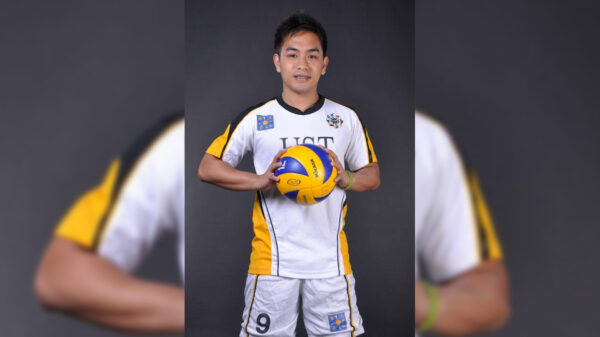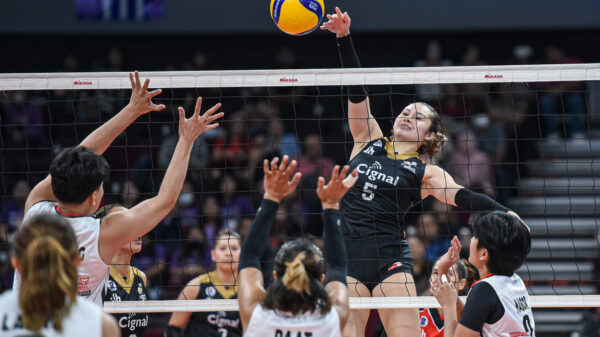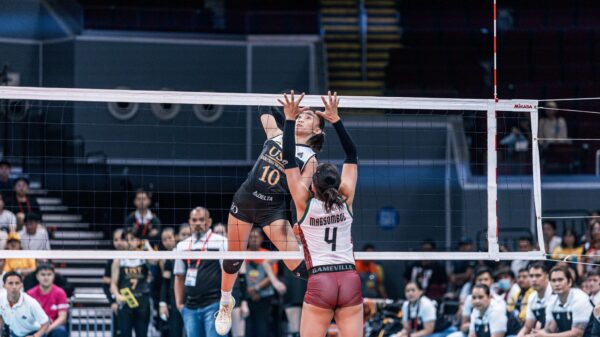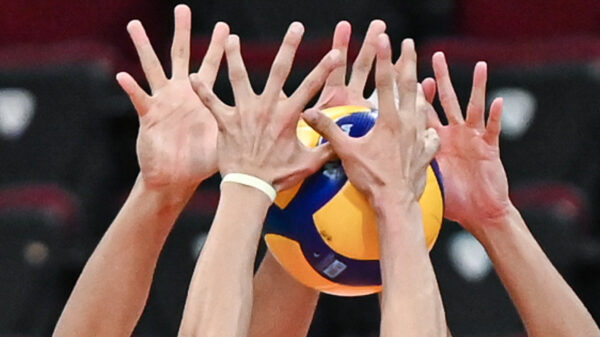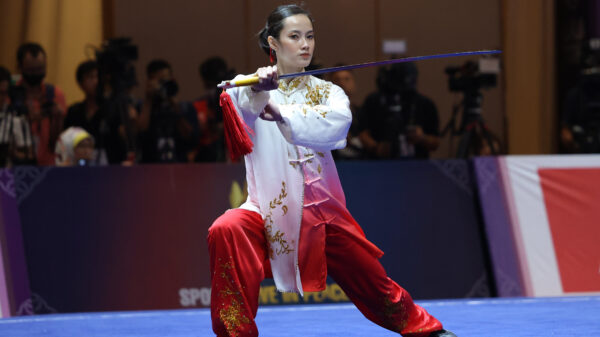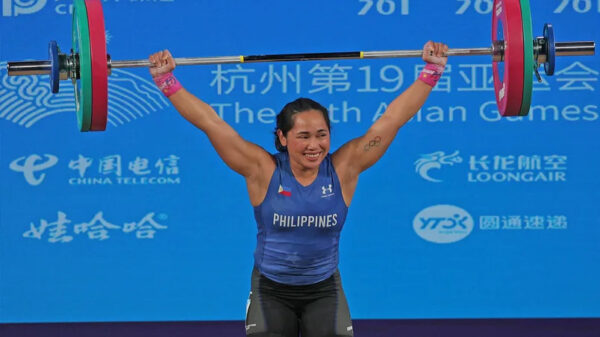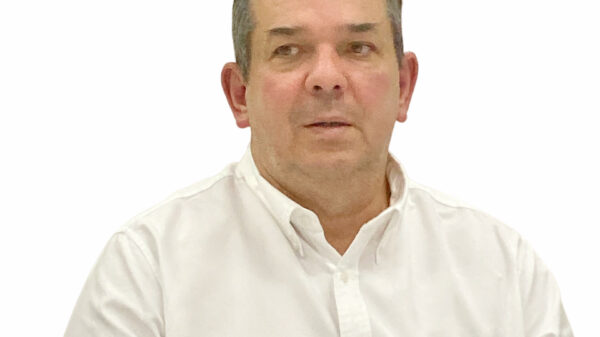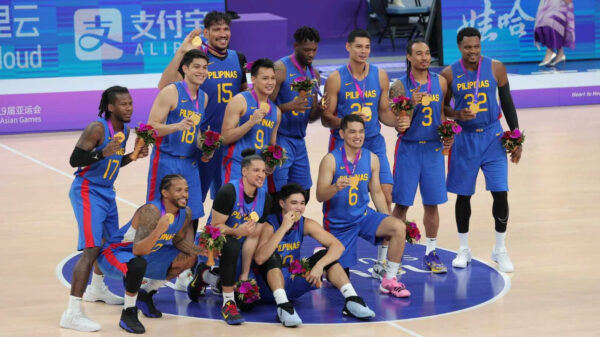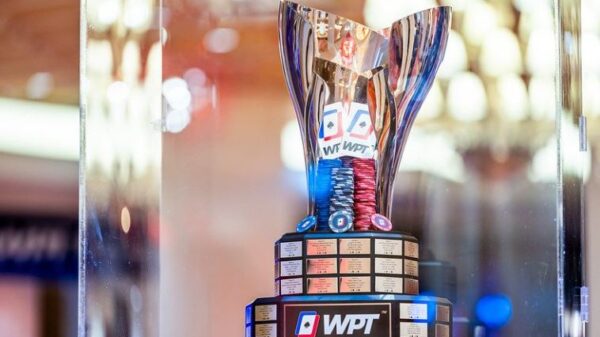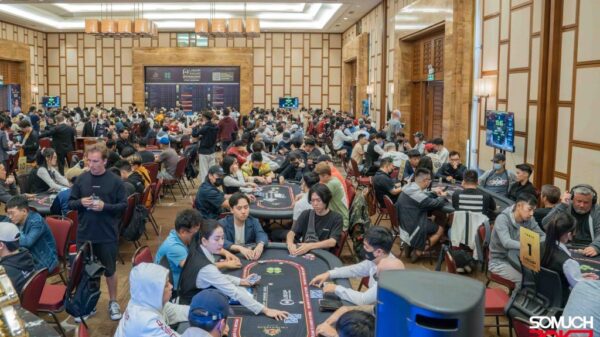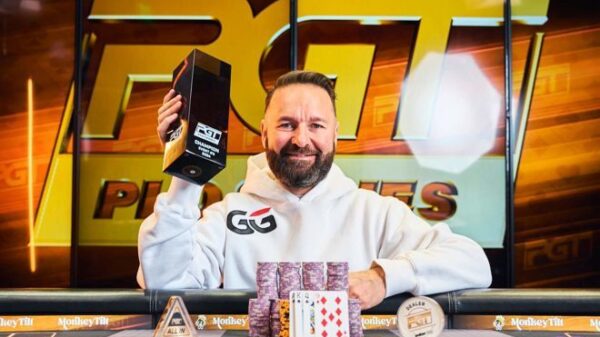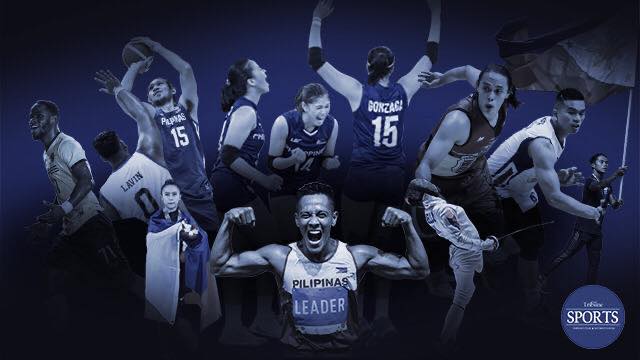Although not considered as a performance-enhancing drug, the World Anti-Doping Agency had included cannabis in its list of prohibited substances due to the danger it poses on the health and safety of athletes.
According to David McDuff, a sports psychiatrist from the University of Maryland, the use of cannabis in sports should be viewed as a performance-detracting rather than a performance-enhancer since it relaxes the muscles and has negative effect on skills such as motor coordination and mental alertness that are required in many sports.
But WADA still included it in its list of prohibited substances for violating the spirit of sports, including values such as honesty, dedication and respect for rules and laws.
Countless elite athletes have already been found to have cannabis in their system, but the most controversial was American sprinter Sha’Carri Richardson and Singaporean swimmer Joseph Schooling.
Richardson was barred from competing in the Tokyo Olympics after testing positive for marijuana following the death of her mother while Schooling was suspended after admitting that he used cannabis in Vietnam.
“I demonstrated bad judgment and I am sorry,” said Schooling, who was hailed as a local hero for winning Singapore’s first Olympic gold medal.
Gilas Pilipinas naturalized player Justin Brownlee, a beloved figure in the country, is also facing suspension for testing positive for carboxy-THC, a readily detected non-psychoactive metabolite of cannabis, after winning the gold medal in the 19th Asian Games.
The Samahang Basketbol ng Pilipinas is already looking at Brownlee’s medication to determine if it has a carboxy-THC component.
One possible reason behind Brownlee’s positive result was the medication he took while fast-tracking his recovery from bone spurs surgery.
“It’s now being discussed. The SBP said Brownlee is on medication that’s why he didn’t suit up in the FIBA World Cup. They are tracing if that medication has a (THC) component,” Philippine Olympic Committee president Abraham “Bambol” Tolentino said.
The SBP is expected to have Brownlee’s B-samples get tested as well to make sure that the International Testing Agency, the body commissioned by the Olympic Council of Asia to oversee the integrity of the Asian Games, didn’t err in the outcome of his initial test.

